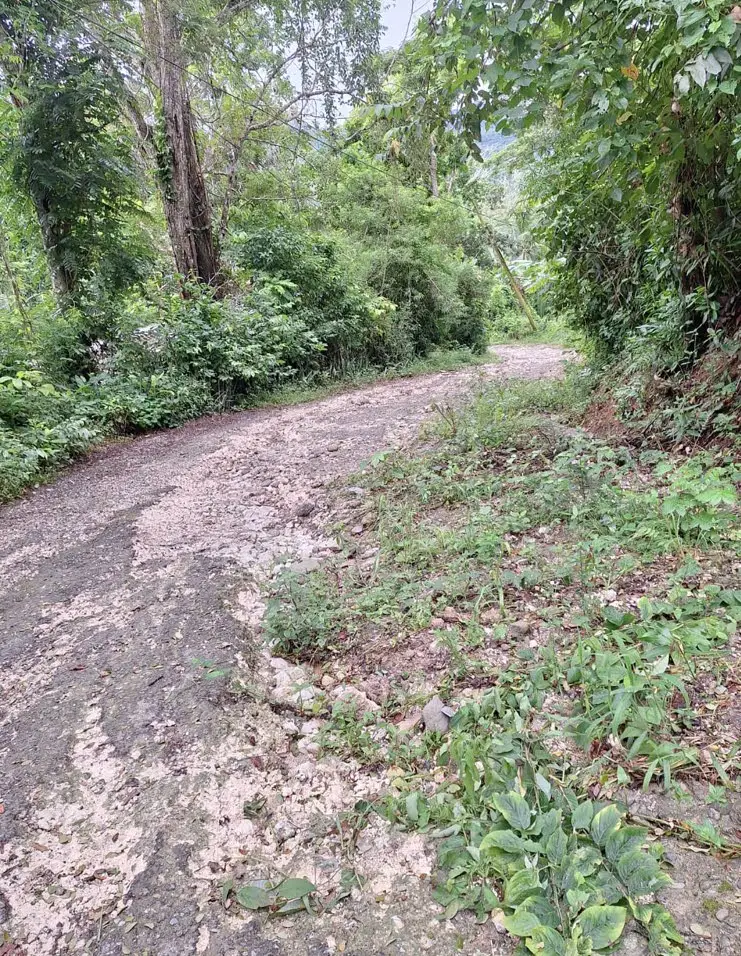Prime Minister Dr. Andrew Holness has unveiled the long-awaited SPARK initiative, a $45 billion road rehabilitation program aimed at transforming Jamaica’s infrastructure. Starting this quarter, the first phase is set to be completed by December, signaling the beginning of a significant overhaul of the nation’s road network.
The state of the country’s roads has long been a source of frustration for Jamaicans, affecting daily lives and limiting economic growth. While issues like water shortages and healthcare concerns are critical, the inability to traverse the country smoothly often compounds these problems. Without safe and efficient roads, the functioning of the nation is hampered, making it essential for the government to address this problem comprehensively.
For years, piecemeal fixes and a lack of consistent maintenance have contributed to the current crisis. The SPARK initiative promises a more structured and far-reaching solution. Unlike past efforts, which often seemed disconnected from the actual needs of communities, this program is designed with greater local involvement.
In a shift from the traditional top-down approach, local communities will play an active role in identifying which roads should be prioritized for repair. This inclusivity is a crucial step in rectifying past mistakes where citizens were often excluded from decision-making processes. Historically, many residents only saw heavy machinery arrive without any input on the project, creating a sense of marginalization. This lack of transparency led to discontent, especially when shoddy work was done under the guise of political favoritism.
The politicization of road repairs has been a longstanding issue in Jamaica, where roads in politically significant areas are often prioritized, leaving other regions neglected. This practice not only breeds inefficiency but also wastes taxpayer money, as incomplete repairs require further spending to correct in the future. By involving local communities, the SPARK initiative hopes to minimize political interference, ensuring that projects are driven by the actual needs of the people rather than partisan agendas.
However, community involvement is not a cure-all. While residents can help ensure projects are carried out effectively, there must be robust mechanisms in place to maintain accountability and quality. It is critical that every phase of the roadwork—from design to execution—be rigorously monitored by independent experts. The government must be committed to paying only for work that meets high standards, ensuring that roads are built to last and not just until the next rainstorm.
Equally important is the issue of drainage systems. Without proper drainage, even the best-paved roads will deteriorate quickly under heavy rainfall. The SPARK initiative must ensure that these systems are carefully integrated into each project, preventing flooding and reducing maintenance costs in the long run.
The success of SPARK hinges on more than just community participation and good intentions; it requires transparency, strong oversight, and a commitment to quality at every stage. If properly executed, this project has the potential to be a transformative force in Jamaica’s infrastructure development, leading to safer, more reliable roads that can drive economic growth and improve the daily lives of citizens. However, the government must remain vigilant, ensuring that funds are used wisely and that the work is done with the professionalism and expertise required to make this ambitious program a lasting success.

